Multilingual Dictionary - Multilingual Linguistic Insights
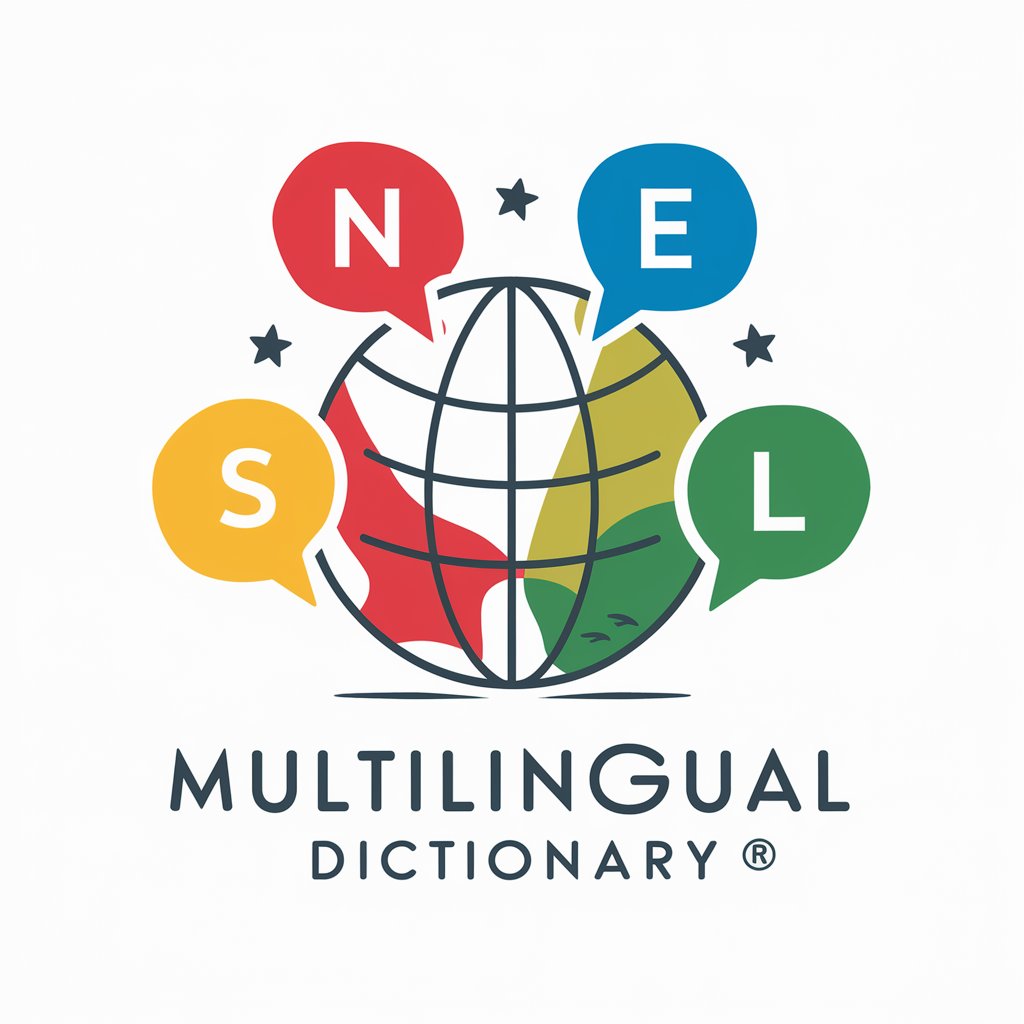
Welcome! Discover the richness of languages with concise etymologies, synonyms, and pronunciations.
AI-powered language exploration tool.
Define a concise etymology for...
What are the synonyms of the word...
How do you pronounce the phrase...
Can you provide a brief summary of the term...
Get Embed Code
Multilingual Dictionary: An Overview
The Multilingual Dictionary, also known as the PES Dictionary, is a linguistic tool designed to serve speakers and learners of Norwegian, English, Spanish, and Lithuanian. Its primary goal is to facilitate the understanding and usage of words across these languages by providing concise etymologies, synonyms, and pronunciations in an easily accessible format. For instance, a user learning Spanish might look up the word 'light' in English and find its Spanish equivalent 'luz', along with its etymology, synonyms like 'luminosidad', and the pronunciation /luz/. This tool is engineered to balance detailed linguistic insights with the need for succinctness, ensuring that explanations are both informative and user-friendly. Scenarios illustrating its use include a Lithuanian speaker seeking English synonyms for a native word to enhance their vocabulary or an English speaker exploring the origins of a specific Norwegian term to understand its cultural nuances. Powered by ChatGPT-4o。

Core Functions of Multilingual Dictionary
Etymology Exploration
Example
Discovering that the English word 'star' and the Spanish word 'estrella' both derive from the same Proto-Indo-European root.
Scenario
A user curious about the historical origins of words in different languages can trace how languages influence each other.
Synonyms Provision
Example
Finding synonyms for 'beautiful' in English, such as 'attractive', 'pretty', and 'lovely', and their equivalents in Norwegian ('vakker', 'pen', 'nydelig').
Scenario
This helps users enhance their vocabulary in multiple languages, useful for writing, speaking, or learning new languages.
Pronunciation Assistance
Example
Providing the pronunciation for 'gyvenimas' (/ɡʲɪvʲɛnɪmɐs/) in Lithuanian, aiding users in correctly saying the word.
Scenario
Especially beneficial for language learners aiming to improve their spoken proficiency and understanding of phonetics in different languages.
Who Benefits from Multilingual Dictionary
Language Learners
Individuals studying Norwegian, English, Spanish, or Lithuanian, who seek to expand their vocabulary, understand pronunciation, and explore word origins. This tool supports their linguistic development by offering detailed insights into word usage and connections between languages.
Writers and Content Creators
Professionals who require a diverse vocabulary and an understanding of nuanced language use across different cultures. The dictionary aids in finding the precise word or synonym in multiple languages, enhancing their content's appeal to a broader audience.
Academics and Researchers
Scholars studying linguistics, etymology, or comparative language studies who benefit from the detailed word histories and the relationships between languages. The tool offers valuable data for academic research and teaching.

How to Use Multilingual Dictionary
Initiate a Trial
Begin by accessing a free trial at yeschat.ai, which requires no login or subscription to ChatGPT Plus.
Select Language
Choose from Norwegian, English, Spanish, or Lithuanian to explore words, phrases, etymologies, synonyms, and pronunciations.
Search and Explore
Enter the word or phrase you're interested in. Use the search function to find detailed linguistic insights.
Utilize Features
Leverage the tool's capabilities to find synonyms, understand pronunciations, and discover etymologies for a deeper understanding.
Optimize Learning
Make regular use of the tool to support language learning, translation tasks, and enhancing your multilingual vocabulary.
Try other advanced and practical GPTs
Lux Company Law
Demystifying Luxembourg Company Law with AI

주 7회 운동계획표 (1 Week Excercise Planner)
AI-driven Fitness at Your Fingertips
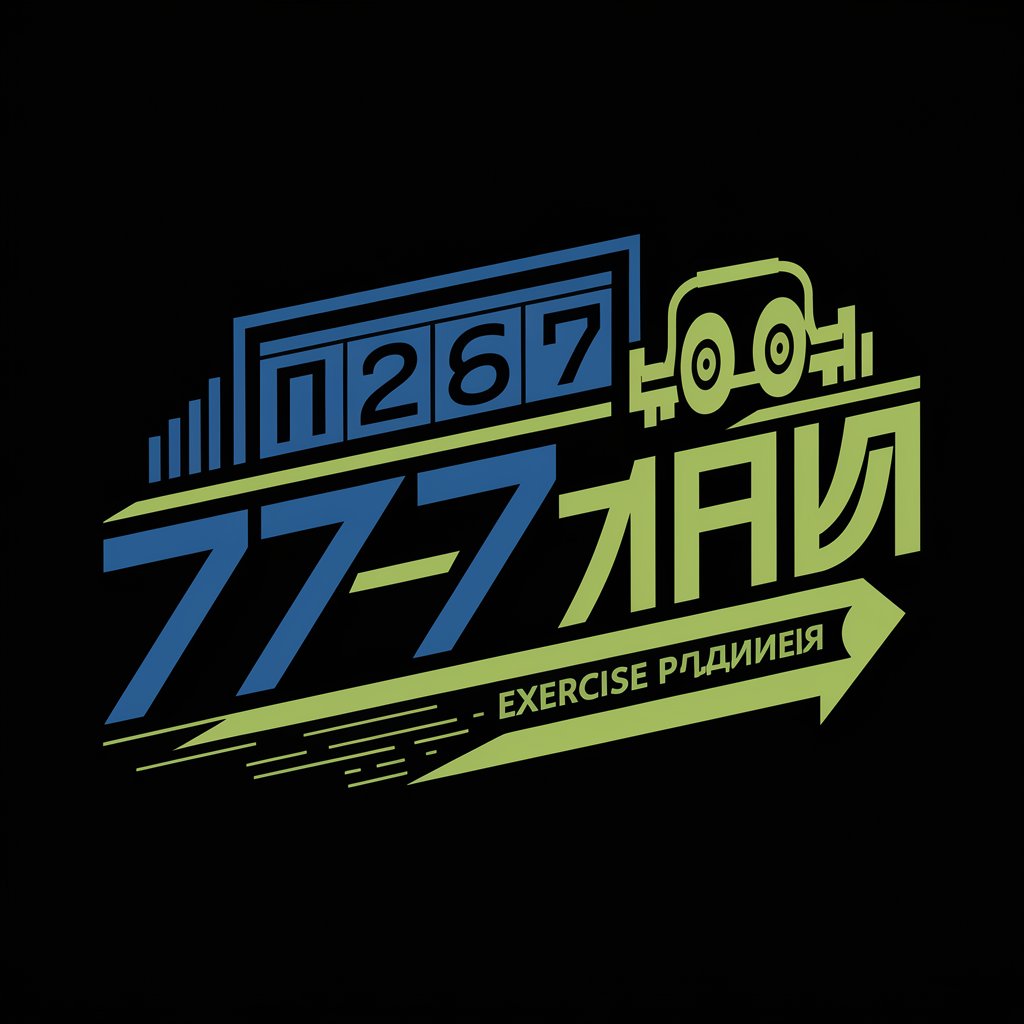
Exhibition Designer
Designing Trade Show Booths, Powered by AI

Thought Scholar
Illuminate Your Thoughts with AI-Powered Philosophy
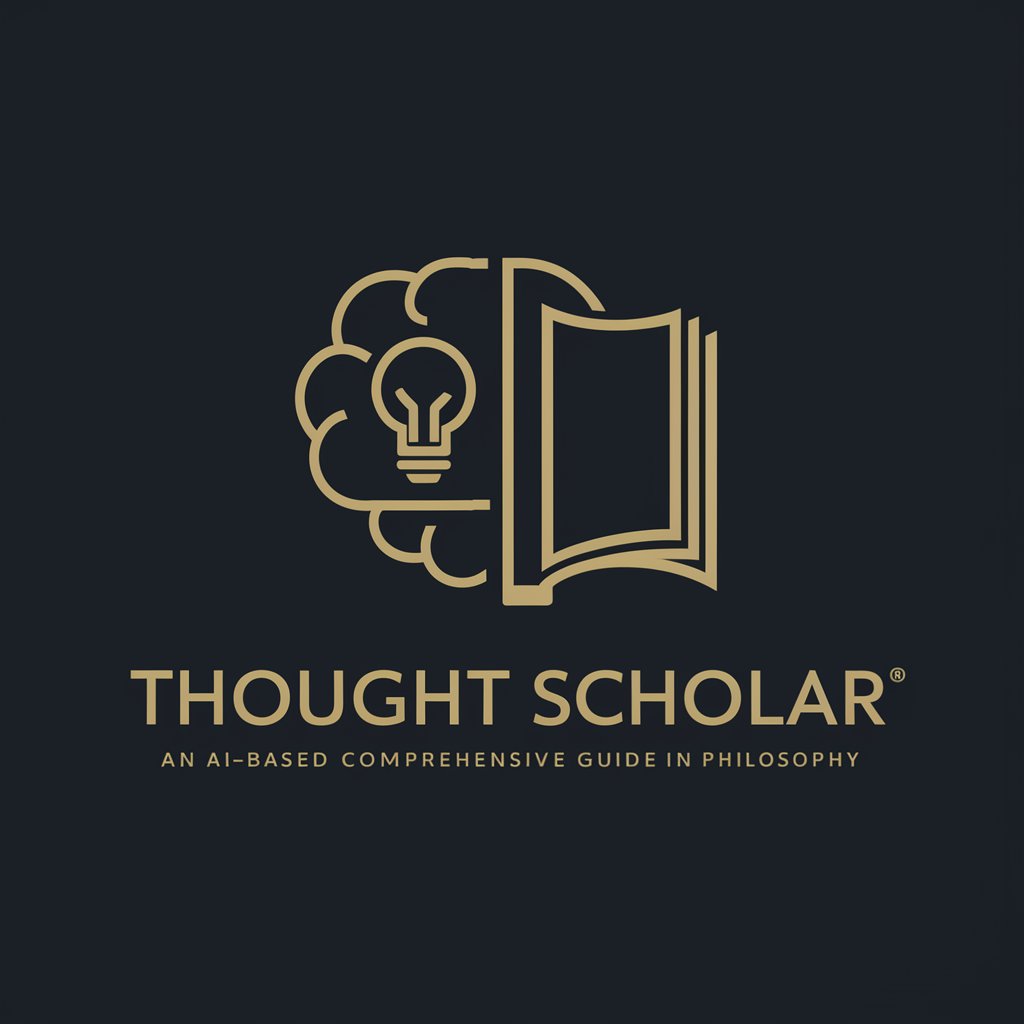
PRD Assistant
Streamlining Product Planning with AI
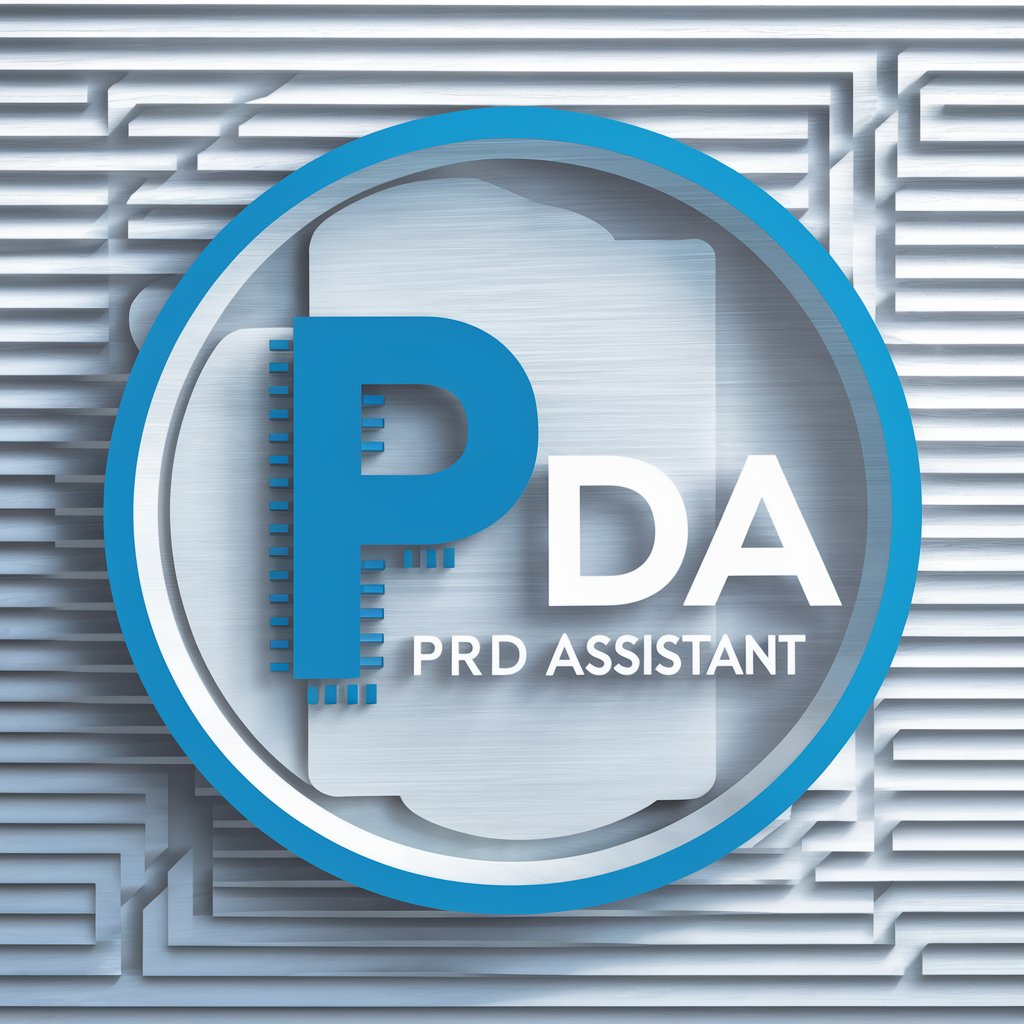
Eunwoo's dad's daily Bible
Tailored Bible Guidance for Everyday Life
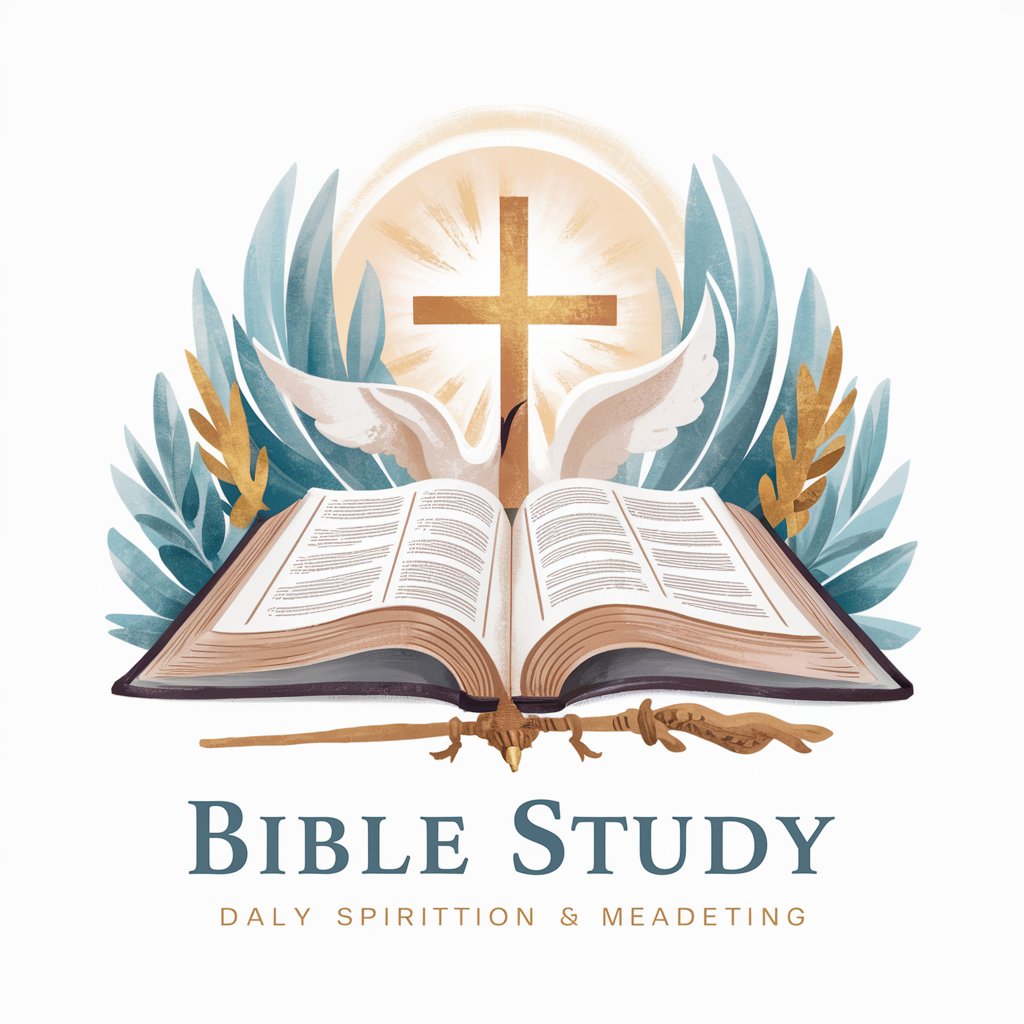
icon creator
Design Icons, Power Your Brand

cosmoglia
Unlocking Wisdom with AI
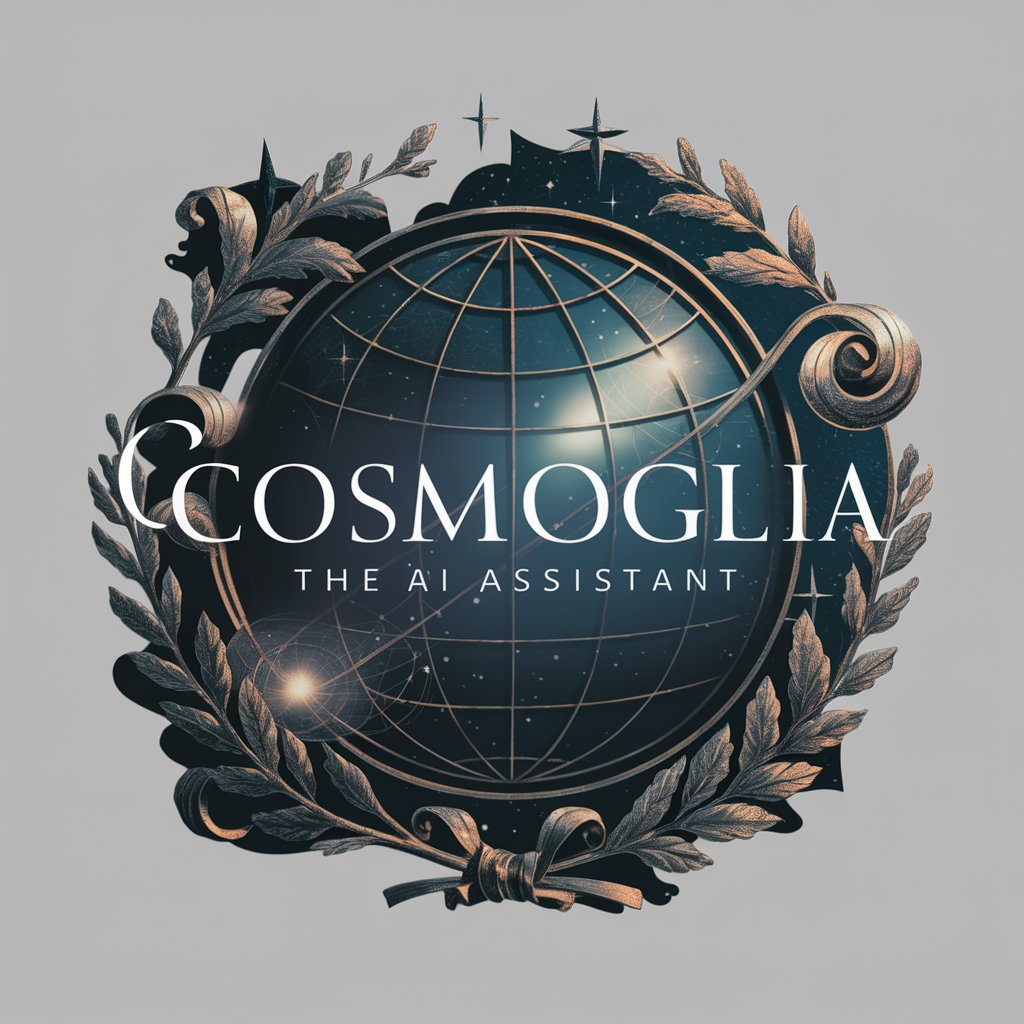
Architect's Handbook
Empowering design with AI insights

Créateur de couverture 'Martine'
Craft Your Own 'Martine' Adventure

Art oratoire - Impactful Speaking 🇫🇷
Elevate Your Speaking Skills with AI

Norsk næringsliv: Økonomisk utvikling
Unlock Insights into Norway's Industry Trends

Frequently Asked Questions about Multilingual Dictionary
What languages does Multilingual Dictionary support?
It supports Norwegian, English, Spanish, and Lithuanian, providing linguistic insights including etymologies, synonyms, and pronunciations.
Can I use Multilingual Dictionary for academic writing?
Yes, it's an excellent tool for academic writing, offering precise translations, synonyms for vocabulary enrichment, and etymological insights for a deeper understanding of terms.
How accurate are the translations and linguistic data?
The tool leverages AI to provide highly accurate translations and linguistic data, but it's always a good practice to cross-reference with native speakers for nuanced meanings.
Is Multilingual Dictionary suitable for beginners in language learning?
Absolutely, it's designed to support language learners at all levels with easy-to-understand definitions, synonyms, and pronunciations.
Can Multilingual Dictionary help with understanding the cultural context of words?
While it primarily focuses on linguistic aspects, the etymology section can offer insights into the cultural and historical context of certain words.
